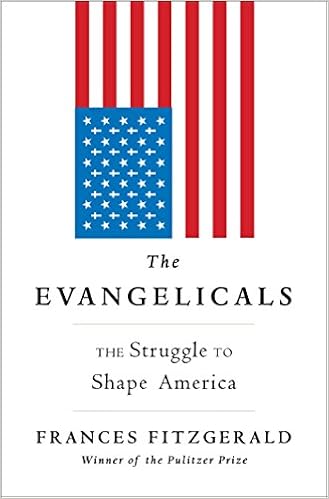
My rating: 4 of 5 stars
The recent surge of anti-semitism in Europe and America has been heart breaking, especially when that anti-semitism led to violence at a Pittsburgh synagogue by a white supremacist terrorist in 2018. Sadly, Jewish history is fraught with such tragedies, even before you get to the Holocaust under the Nazis. But Jewish history is far more than these senseless tragedies. In this second volume to his planned trilogy, historian Simon Schama traces the history of the Jewish people from the Renaissance to the dawn of the 20th century, laying out in dense detail their many triumphs and tragedies and their persistence in the face of unbelievable hardships.
Starting right where he left off in volume one, Mr. Schama details how the constant attacks on the Jewish people forced them to adapt and migrate multiple times. What is interesting is that the beginning and end of this narrative are bookended by messianic movements that led Jews to try to migrate out of Europe and into Palestine. The earliest attempts were not always successful, but the last one detailed by Mr. Schama leads readers into the beginning of the Zionist movement, which will lead to the creation of the modern state of Israel in the 20th century. It was fascinating to see how Jewish people could be just as susceptible to messianic movements and false messiahs in the same way that Christians of this period could. It seems looking forward to a better world and trying to proactively bring it about is not exclusive to any single religious group.
Though the descriptions of anti-semitic assaults are difficult to read, Mr. Schama does a great job of walking his readers through it and drawing a subtle line from the attempts at forced conversions and the creation of the ghettos in the 16th century, and the nationalistic anti-semitism of 19th century Germany, which would be supercharged by the Nazis later. Yet, in the midst of these terrible trials, Mr. Schama also paints several portraits of fascinating characters in Jewish history. People like Shabbetai Zevi, Moses Mendelssohn, Uriah Levy, and so many others are absolutely fascinating in this book. Also, Mr. Schama’s details about the rise of Sephardi, Ashkenazi, and Kabbalah Judaism are interesting too.
Another great aspect of this book is how Mr. Schama describes how the age of Enlightenment and the French Revolution promised to amicably assimilate Jews into the wider European culture, but it was a promise that was never fully realized. As soon as France and other nations offered a hand, once Jewish groups tried to take it, they would find that it was almost always filled with empty promises. The failure of the Enlightenment’s assimilation promises, combined with a new and virulent form of anti-semitism by the late 19th century, creates the historical backdrop for the forming of the Zionist movement.
However, this is not an easy book to get through. This book is stuffed to the brim with details and stories that it implores you to read it slowly. Skipping or speed-reading a single paragraph means that you will inevitably miss important details and get lost pretty quickly. This is, without question, one of the densest history books I have ever read. In fact it is denser than his previous volume. Do not start this book expecting to get through it quickly. I did, and I ended up having to pause my reading or slow it down considerably just to get through it all.
Overall, this is a fascinating book, but one that is incredibly dense and begs its readers to chew on it slowly, rather than to rush through. I look forward to reading Mr. Schama’s third volume and hope that it will be released sooner rather than later.










